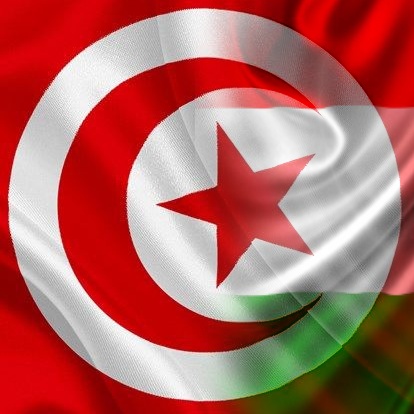Africa’s economic potential is hindered by persistent border disputes, strangling the continent’s ability to realize its trade aspirations. From longstanding territorial disagreements to emerging conflicts fueled by political tensions, these disputes cast a shadow over the continent’s efforts to foster greater cooperation and integration.
One of the enduring challenges in Africa is the presence of colonial-era borders, often drawn arbitrarily without consideration for ethnic, cultural, or geographical realities. These borders have become sources of contention, with countries disputing ownership of territories rich in resources or strategically important for trade routes.
In East Africa, enduring conflicts have persisted between Somalia and Ethiopia since 1960, Kenya and South Sudan since 1963, and Kenya and Somalia from 1963 to 1981. Additionally, disputes have arisen between Ethiopia and Sudan from 1966 to 2002, Tanzania and Malawi since 1967, and Uganda and Tanzania from 1974 to 1979. The rivalry between Kenya and Somalia over maritime borders in the Indian Ocean which revolved around potential offshore oil and gas reserves led to diplomatic tensions and legal battles at the International Court of Justice.
Even within countries, internal border disputes exacerbate existing challenges. In Sudan, clashes over territory and resources persist between various ethnic groups, complicating efforts for peace and reconciliation following the country’s division into Sudan and South Sudan in 2011. Currently, South Sudan and Sudan are embroiled in a dispute over the oil-rich Abiyei region.
Meanwhile, Uganda and the Democratic Republic of Congo are at odds over sections of Lake Albert, which hold potential for crude oil as well as minerals such as diamonds, gold, and coltan. Tanzania and Malawi find themselves in conflict over the oil-rich territory surrounding Lake Malawi. Additionally, Kenya and Uganda have been in contention over the resources of Lake Victoria’s Migingo Island, including its waters, fish, and potential crude oil reserves.
The Kenya-South Sudan conflict has become increasingly complex in recent years. Originating in 1963 with Kenya’s claim to the Ilemi Triangle, a region abundant in oil and water, the dispute persists. The triangle lies north of a straight border delineated in 1914, with Kenya extending its claim and de facto control beyond the boundary marked in 1938.
In West Africa, the dispute between Nigeria and Cameroon over the oil-rich Bakassi Peninsula was a stark example. Similarly, the border between Ethiopia and Eritrea was a longstanding source of conflict, leading to a devastating war in the late 20th century. While a peace agreement was signed in 2018, the full demarcation of the border remains incomplete, leaving room for renewed tensions.
These border disputes have far-reaching implications, particularly for trade and economic cooperation. Uncertainty over territorial sovereignty creates barriers to cross-border commerce, inhibiting the free flow of goods and services. Infrastructure projects, such as roads and railways linking neighboring countries, often stall due to unresolved border issues, further impeding regional integration efforts.
Moreover, the lack of clear borders exacerbates security concerns, providing fertile ground for smuggling, illicit trade, and the proliferation of armed groups. This not only undermines state authority but also undermines efforts to combat transnational threats such as terrorism, organized crime, and human trafficking.
Despite various initiatives aimed at resolving border disputes, progress has been slow and uneven. International mediation efforts often face resistance from entrenched interests or nationalist sentiments, making it difficult to reach mutually acceptable solutions. Meanwhile, domestic political dynamics and power struggles complicate intra-state border disputes, prolonging the suffering of affected communities.


